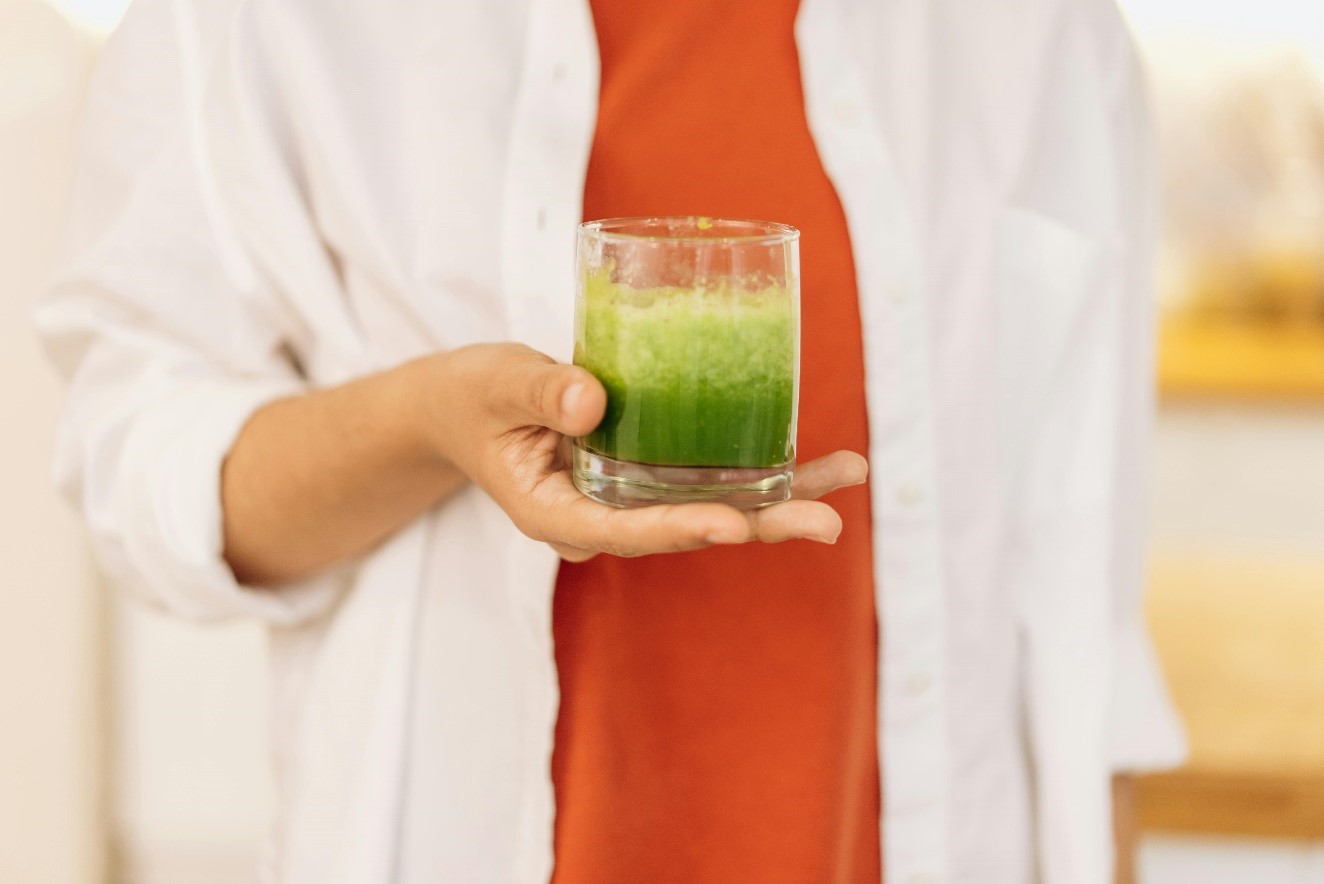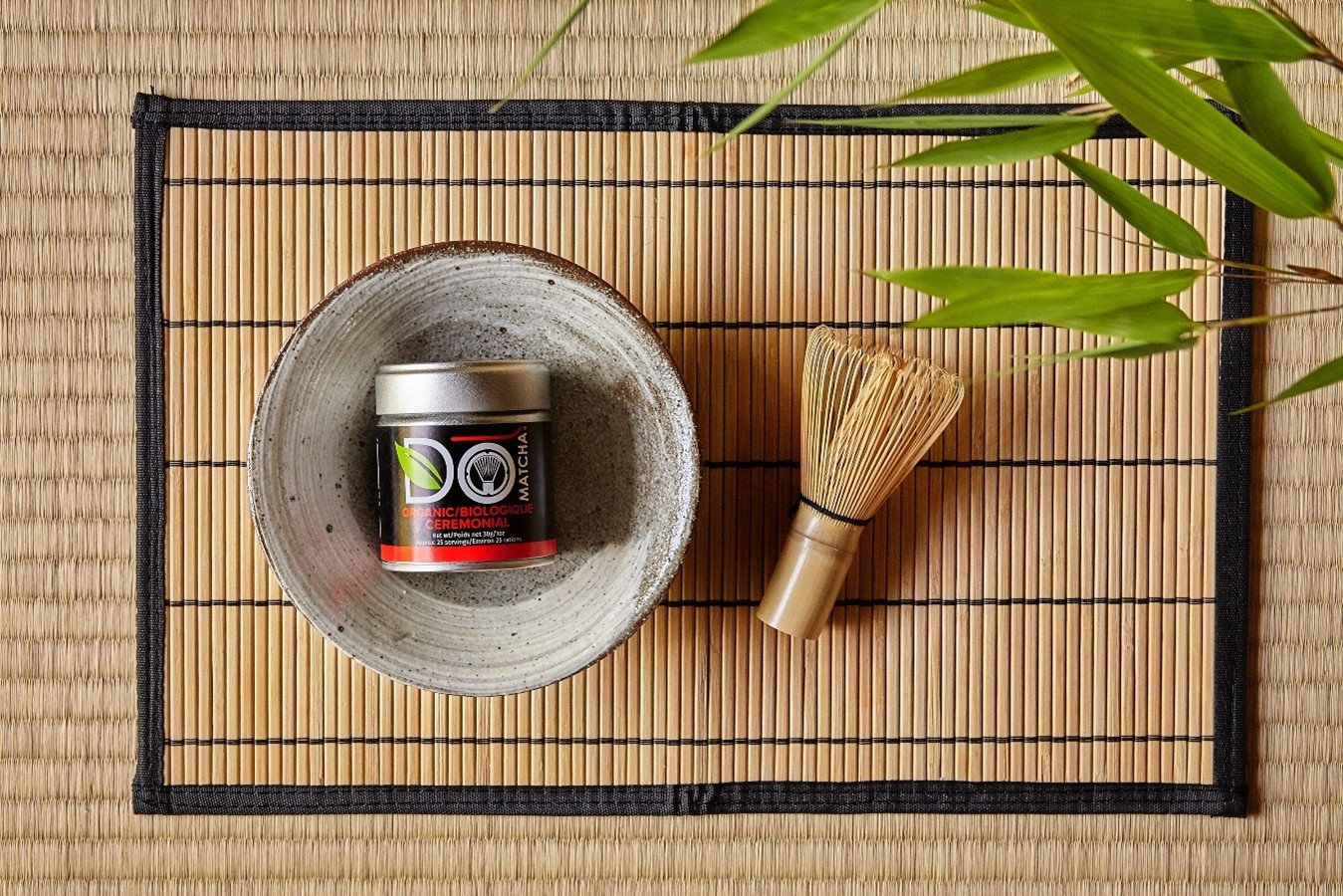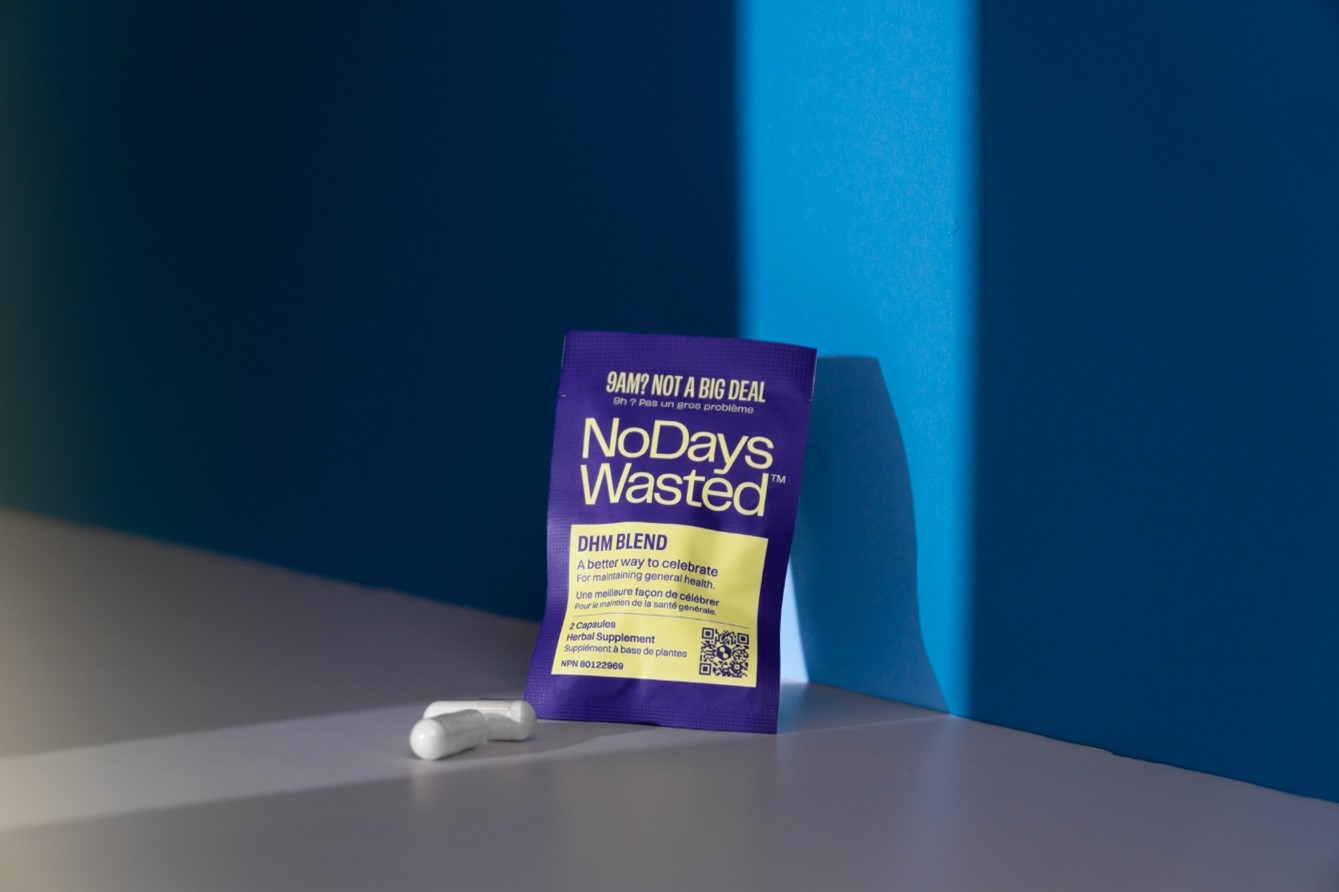Ecotrend Blog Spring has
traditionally been associated with the theme of “rebirth” or ‘renewal” in
Chinese medicine and Ayurveda. Just as cars get congested with sludge after
long periods of use, our body’s natural filters, like the liver, kidneys,
colon, and lymph system can occasionally become congested with metabolic waste.
Supporting our bodies’ natural detoxification systems can help us clear these
toxins faster, so we can recover from certain ailments (i.e. stubborn weight
gain, frequent colds) and feel our healthiest. The term “detox” is often thrown
around as a marketing ploy, or to describe short-term fixes. In reality, our
bodies are always naturally “detoxing”, but there are protocols and lifestyle adjustments
we can implement that better support our body’s detoxification systems,
especially as we age. If you have
customers searching for detoxification tools, educating them on the science of
a healthy reset can be beneficial in helping them establish a sustainable
routine, year-round. Here’s
what you need to know about detox from a scientific perspective. Your Body
Has Natural Detoxification Mechanisms As mentioned
before, your body has specific organs which help with filtering out harmful
substances. The skin, for example, is the largest organ in your body and is
constantly filtering out environmental toxins through sweat. The kidneys help
carry out metabolic waste and toxins by excreting urine. The liver is
one of the main organs that facilitates detoxification. It helps convert
harmful toxins into less harmful compounds so that they can be removed from the
body safely. Detoxification
in the liver occurs in two stages: 1. A group
of enzymes convert harmful substances into less toxic compounds. 2. These
compounds are neutralized and removed through the body via urine or feces. This
is done by making the byproducts water soluble. Glutathione is an antioxidant and primary
molecule responsible for detoxification. It’s the most abundant antioxidant
found in the body and can regenerate itself. Glutathione can be found in foods
like broccoli, asparagus, and avocado. It also plays a significant role in
neutralizing free radicals in both phases of the liver detoxification process
and acting as a co-factor for many antioxidant enzymes. In phase 1
of liver detoxification, glutathione neutralizes the harmful chemical toxins.
In phase 2, glutathione is involved in one of the 7 reactions that help remove
neutralized compounds through the kidneys. Detox Crash
Diets Don’t Work
Many times,
detox is associated with juice cleanses or other forms of extreme diet ‘cleansing.’
The truth is, there is little clinical evidence to support these types of
regimens. Most often, extreme cleanses that restrict calories can lead to more
health problems. This is due to the little inclusion of proteins, omega-3s,
fibre, and carbohydrates. Weight loss that often follows diet cleanses is generally
attributed to water weight loss. Extreme diet cleanses can lead to short-term
metabolic damage, which makes it easier to gain weight when one starts to
resume normal eating habits. You’re much better off eating a well-rounded diet
full of nutrients from vegetables, fruits, whole grains, lean protein, and
healthy fats. A diverse, whole-food diet allows you to reap the synergistic
benefits of different nutrient and food combinations. For example, a healthy diet can help increase our
levels of glutathione by delivering the necessary building blocks. Consuming
lots of cruciferous vegetables (broccoli, cauliflower, brussels sprouts) can
help increase the activity of liver detox enzymes. According to a study published in Nutrients Journal, supplementation with amino acids cysteine, glycine, and
glutamate, and vitamins C and E can increase the body’s production of
glutathione. How to
Naturally Support Detoxification Although
Glutathione is naturally occurring in fruits and vegetables, it’s poorly
absorbed by the digestive system because our bodies don’t have direct transport
for this molecule. Glutathione production
in your body decreases with age, and producing glutathione in the body requires
energy. Therefore, one way to ensure you’re getting enough glutathione is
through supplementation.Arcwell, is a Canadian supplement company that specializes in producing high-purity
L-glutathione, amongst other powerful antioxidants to help your body restore
its natural reserves for the maintenance of good health. Arcwell, Glutathione Reduced, 500mg You can also
take N-Acetyl-L-Cysteine (NAC), which is a stable form of the amino acid
Cysteine and converts to Glutathione in the liver and kidneys. Milk
Thistle can act as a
complementary supplement for liver support. Milk thistle is an herbal plant,
belonging to the same family of daisies. The active ingredient in milk thistle, silymarin, acts as an antioxidant
by reducing free radical production. A 2016 study revealed that milk thistle improved diet-induced liver damage in mice.
Notably, the administration of silymarin significantly reduced epididymal fat
mass and suppressed insulin response.Provita carries Silymarin 300 which is
synergistically blended with Milk Thistle extract (standardized to 80%
Silymarin) and Glutathione. Provita Nutrition, Silymarin 300 Astaxanthin
is one of the
strongest antioxidants found in nature and is sourced from marine plants. It can
scavenge skin-damaging free radicals and promote a healthy immune system. Regenurex’s Astaxanthin is sourced from freshwater algae and uses a proprietary
natural extraction process that’s never dehydrated or exposed to chemicals. 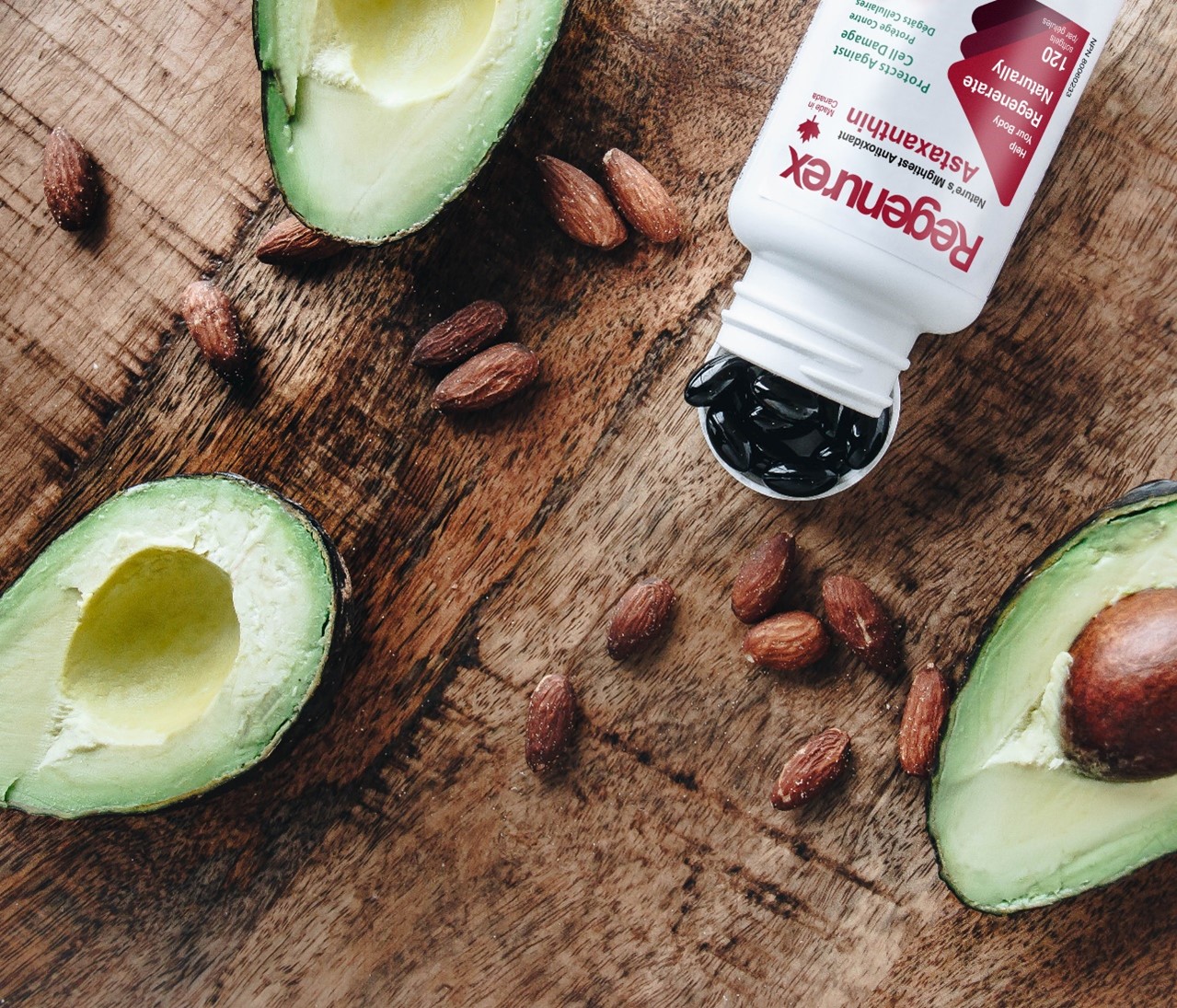 Regunerex, Astathanxin Matcha is an extremely high antioxidant raw
food. Just a teaspoon of matcha daily will yield the same nutrional benefits of
10 cups of steeped green tea, making it a perfect choice for people who want to
get a high amount of antiodiants efficiently and deliciously. DōMatcha® sources
matcha
exclusively from Uji, Kyoto and Kagoshima, providing pure, quality, and
expertly blended matcha powders. DōMatcha® Organic Ceremonial Matcha Lifestyle
habits: Sleep and exercise Getting
enough shut-eye is perhaps one of the most underrated detoxification
activities. Although your brain doesn’t take up much of your body mass, it uses
about 20% of your body’s total energy to work efficiently! Just like we go
to the bathroom after we eat and digest food, the brain regularly spits out
debris when carrying out its metabolic functions. This debris comprises mostly leftover
proteins, and when it's not properly flushed from the brain, it can form toxic
clumps. The clumping of the protein amyloid beta has been linked to decreases
in cognition, memory, and overall brain function in people with Alzheimer’s
disease. In most
organs, the lymphatic system acts as a waste disposal factory to clear away
harmful debris. The lymphatic system is made of an extensive series of vessels
which produce a liquid called lymph. Lymph flows through every organ, cleans up
the debris and washes it into a network of ducts that drains into the blood
vessels. Once in the blood, the debris travels to the kidneys and liver, where
it’s eliminated from the body. The brain is
surrounded by a type of fluid called cerebrospinal fluid which acts as the
lymph of the brain. Cerebrospinal fluid mops up the proteins and eventually
clears out through the same ducts used by the lymphatic system. Scientists
found that during sleep, glymphatic flow significantly increased, and this
increase was correlated with a twofold clearance rate of amyloid beta in
sleeping mice, as opposed to awake mice. Sleep is critical for the clearance
of harmful debris in the brain. Exercise also
showed a twofold increase in glymphatic flow in awake mice. Prior to this
study, increased glymphatic flow had only been observed in mice that were
asleep or anesthetized. This suggests that sleep and exercise are independent,
yet powerful drivers of brain waste disposal. Switch to
natural products To reduce
exposure to harmful chemicals, switch over to more natural cleaning ingredients
like baking soda, water, and vinegar. Switch to laundry detergents and cleaning
agents that use less chemicals. Nellie’s is an excellent example of a natural cleaning line that is harmful and chemical-free.
For any product that goes on the body, like soap, cleansers, and makeup, stick
with brands that use primarily ingredients sourced from nature, without the
addition of synthetic chemicals. 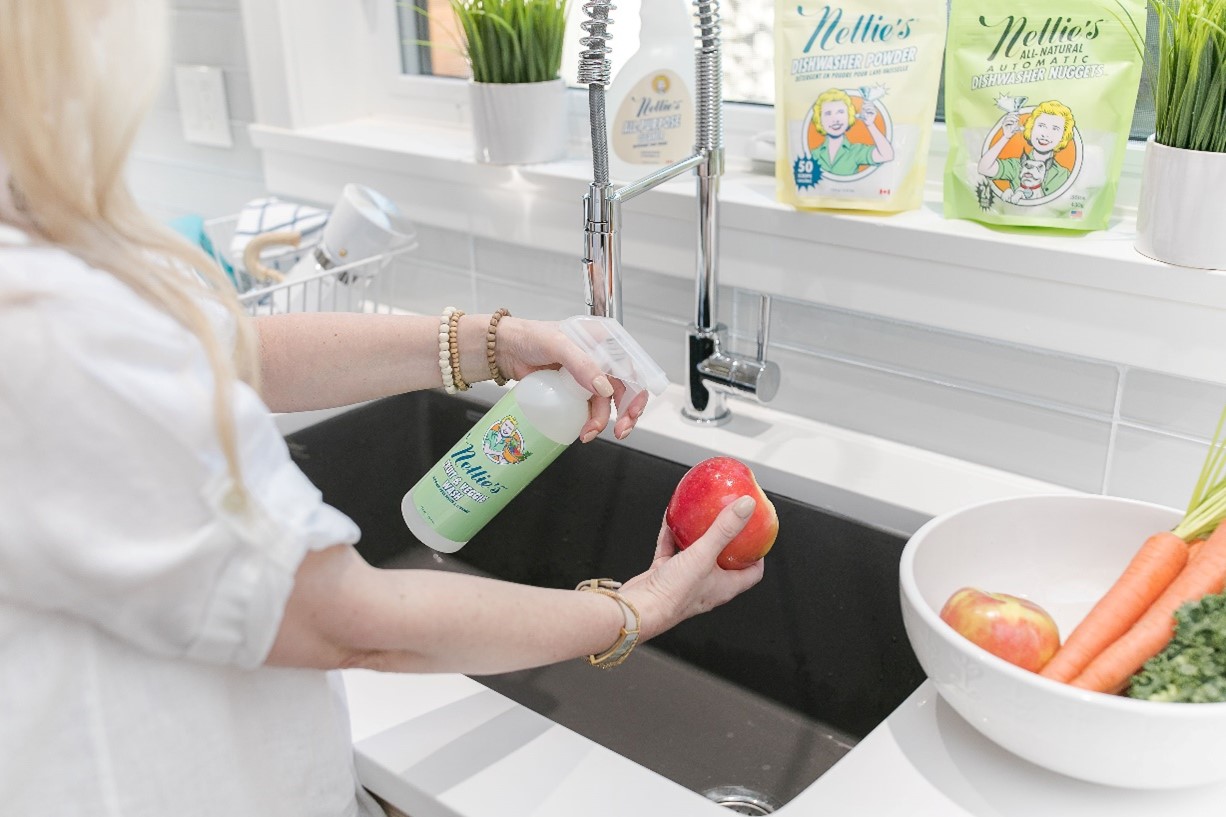 Nellies, Fruit & Veggie Wash Obstacles to
Detoxification Unhealthy lifestyle
habits or certain diseases can inhibit your detoxification organs from
performing optimally. Excessive
alcohol consumption:
Your liver
enzymes metabolize alcohol to acetaldehyde, which is a cancer-causing chemical.
Recognizing it as a toxin, your liver converts it to a harmless substance
called acetate which is eliminated from the body. Though your liver is powerful
enough to process moderate amounts of alcohol with no issue, excessive drinking
can damage your liver, cause fat build-up, inflammation, and scarring. When
that happens, your liver cannot properly filter waste and toxins from your
body. Try limiting
your alcohol consumption from low to moderate. If you happen to foresee
indulging more than usual, make sure you take an antioxidant-rich supplement
like Milk Thistle or No Days Wasted DMH Blend to help out your liver. More people
are becoming sober curious, check out our trends article here. No Days Wasted, DHM Blend Heavily
processed food and sugary diet Our modern
diet is becoming more processed, and less nutritious. Even in whole foods like
fruits, vegetables, and grains, research has found decreased levels of essential vitamins and nutrients. Diets that are comprised of heavily
processed foods and refined sugars have been linked to diseases like heart
disease, cancer, diabetes, and obesity. These diseases heavily hinder your body’s
ability to naturally detoxify by harming organs that play an important role,
such as the liver and the kidneys. For example, fatty liver disease occurs from
consuming excess calories which causes fat to accumulate in the liver. This can
hinder its ability to function properly. Read our article about how sugars are out, and natural sweeteners are in. Environmental
pollutants
Excess number
of pollutants in our atmosphere can produce expressive free radicals. These
molecules can cause damage to the cells, and play a role in conditions such as
dementia, heart disease, liver disease, asthma, and cancers. Eating a diet rich in antioxidants can help
reduce or reverse oxidative stress caused by free radicals or other toxins in
the environment. Complementing your whole food diet with antioxidant supplements
can help ensure you’re getting absorbable and sufficient levels, especially if
there are nutritional gaps in your diet. Conclusion Often when
we think of detoxing, we think of a protocol that counters something negative
we did; whether it was drinking one too many glasses at a party, or a 10-day
vacation full of eating outside of our typical rainbow diet. The problem with
this is we falsely believe that drinking green juices for a week, eating
cabbage soup, or downing lemon-cayenne water will somehow “cleanse” or rid our
bodies of all toxins. This cannot be further than reality. Firstly, our bodies
are not some deadly breeding ground for nasty toxins that slowly derail our
energy and vitality. Many of your organs exist primarily to filter out anything
that would potentially hurt us. We produce metabolic waste simply just by
existing and breathing, but that waste is carried out through respiration,
sweat, and going to the bathroom. Detoxification truly becomes an issue when
your organs are not functioning properly due to persistent health issues. When
the organs in charge of detoxification such as the liver, cease to carry out
their normal processes, that is when dangerous levels of toxins can accumulate
in your system. Not sleeping enough can also lead to a build-up of dangerous
toxins in your brain, leading to degenerative conditions. None of these
problems can be solved with diet alone, and it is recommended you seek
professional advice from a medical practitioner if have persistent health
problems. For relatively healthy individuals who want to stay on top of their
health game, it is recommended you maintain a consistent sleep schedule (minimum
7 hours), get regular exercise, and eat a nutritious and diverse diet.
Supplement with potent antioxidants like Glutathione, NAC, and Silymarin which
will help support your liver and kidneys as you age and naturally start to
produce less Glutathione. These simple lifestyle tips are not meant to be
difficult, but sustainable. Unlike that cabbage soup. Sources Andreone, B.
(2019, May 22). Clearing out the junk: Healthy Lifestyle Choices Boost Brain
Waste Disposal. Science in the News.
https://sitn.hms.harvard.edu/flash/2018/clearing-...
Burgess, L.
(2024, January 25). Milk Thistle benefits: Liver, skin, cholesterol, weight
loss, and more. Medical News Today.
https://www.medicalnewstoday.com/articles/320362#... Gould, R. L.,
& Pazdro, R. (2019, May 11). Impact of supplementary amino acids,
micronutrients, and overall diet on glutathione homeostasis. MDPI.
https://www.mdpi.com/2072-6643/11/5/1056 Guo, Y., Wang,
S., Wang, Y., & Zhu, T. (2016, July 8). Silymarin improved diet-induced
liver damage and insulin resistance by decreasing inflammation in mice.
Pharmaceutical biology. https://pubmed.ncbi.nlm.nih.gov/27387273/
Walle, G. V.
de. (2023, November 14). Full body detox: 9 Ways to Rejuvenate Your Body.
Healthline.
https://www.healthline.com/nutrition/how-to-detox...
|
